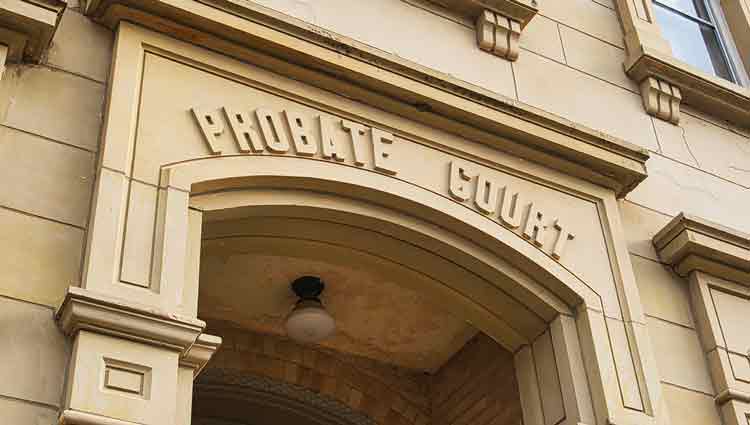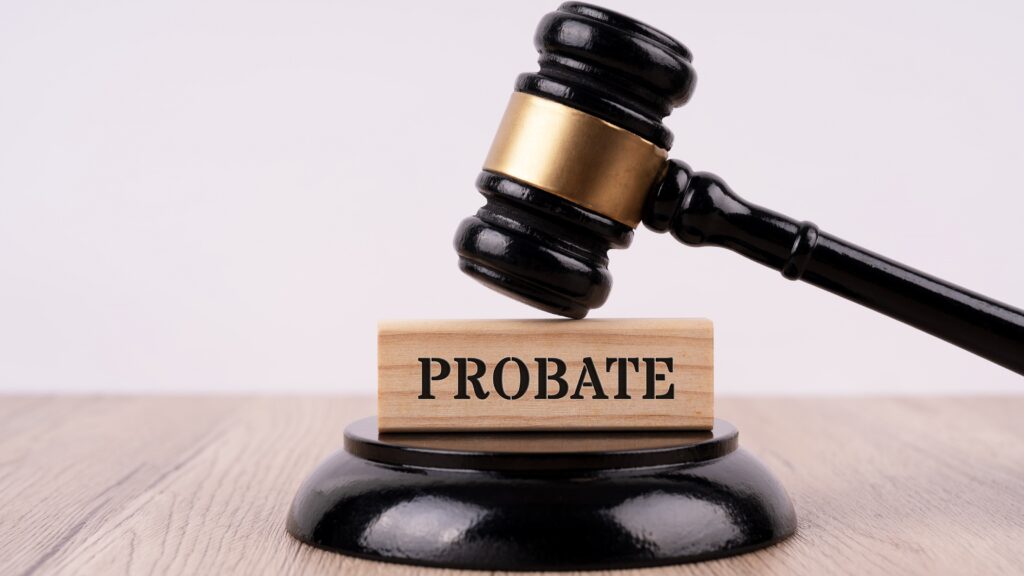Common Misconceptions About Probate in Texas
Many people hold misconceptions about the probate process that can lead to unnecessary stress and confusion. One prevalent myth is that all estates must go through probate, which is not true; in certain cases, small estates may qualify for simplified procedures or may be exempt altogether.
Additionally, some believe that probate is always a lengthy and expensive process. While it can take time, the duration and costs vary significantly based on the estate's complexity, the assets involved, and whether disputes arise among heirs. Understanding these nuances can help individuals better prepare for the probate journey.
The Importance of Estate Planning in Texas
Estate planning is crucial for anyone who wants to ensure their assets are distributed according to their wishes after their death. In Texas, having a well-structured estate plan can prevent complications during probate and help minimize taxes and legal fees, ultimately benefiting your heirs.
Effective estate planning involves more than just drafting a will; it may include setting up trusts, designating powers of attorney, and establishing healthcare directives. These elements work together to provide a comprehensive strategy that addresses various aspects of asset management and distribution, ensuring peace of mind for both the individual and their family.
Steps to Take After a Loved One Passes Away
When a loved one passes away, it can be overwhelming to navigate the necessary steps involved in handling their estate. The first step is to locate the deceased's will, which outlines their wishes regarding asset distribution. If no will exists, Texas intestacy laws will dictate the distribution process.
Following this, it is essential to gather important documents, such as death certificates and financial records. Additionally, notifying relevant institutions, such as banks and insurance companies, is crucial to managing the estate effectively. Engaging a probate attorney can provide guidance through these steps, ensuring that all legal requirements are met and that the estate is settled efficiently.
Understanding the Role of Executors in Texas Probate
Executors play a vital role in the probate process, acting as the personal representative of the deceased's estate. Their responsibilities include managing the estate's assets, paying debts, and ensuring that the remaining assets are distributed according to the will or Texas law if no will exists.
Being an executor can be a demanding task, requiring organization and attention to detail. Executors must also communicate effectively with beneficiaries and handle any disputes that may arise. Understanding the legal obligations and potential challenges associated with this role is essential for anyone appointed as an executor in Texas.
Common Misconceptions About Probate in Texas
Many people hold misconceptions about the probate process that can lead to unnecessary stress and confusion. One prevalent myth is that all estates must go through probate, which is not true; in certain cases, small estates may qualify for simplified procedures or may be exempt altogether.
Additionally, some believe that probate is always a lengthy and expensive process. While it can take time, the duration and costs vary significantly based on the estate's complexity, the assets involved, and whether disputes arise among heirs. Understanding these nuances can help individuals better prepare for the probate journey.
The Importance of Estate Planning in Texas
Estate planning is crucial for anyone who wants to ensure their assets are distributed according to their wishes after their death. In Texas, having a well-structured estate plan can prevent complications during probate and help minimize taxes and legal fees, ultimately benefiting your heirs.
Effective estate planning involves more than just drafting a will; it may include setting up trusts, designating powers of attorney, and establishing healthcare directives. These elements work together to provide a comprehensive strategy that addresses various aspects of asset management and distribution, ensuring peace of mind for both the individual and their family.
Steps to Take After a Loved One Passes Away
When a loved one passes away, it can be overwhelming to navigate the necessary steps involved in handling their estate. The first step is to locate the deceased's will, which outlines their wishes regarding asset distribution. If no will exists, Texas intestacy laws will dictate the distribution process.
Following this, it is essential to gather important documents, such as death certificates and financial records. Additionally, notifying relevant institutions, such as banks and insurance companies, is crucial to managing the estate effectively. Engaging a probate attorney can provide guidance through these steps, ensuring that all legal requirements are met and that the estate is settled efficiently.
Understanding the Role of Executors in Texas Probate
Executors play a vital role in the probate process, acting as the personal representative of the deceased's estate. Their responsibilities include managing the estate's assets, paying debts, and ensuring that the remaining assets are distributed according to the will or Texas law if no will exists.
Being an executor can be a demanding task, requiring organization and attention to detail. Executors must also communicate effectively with beneficiaries and handle any disputes that may arise. Understanding the legal obligations and potential challenges associated with this role is essential for anyone appointed as an executor in Texas.










